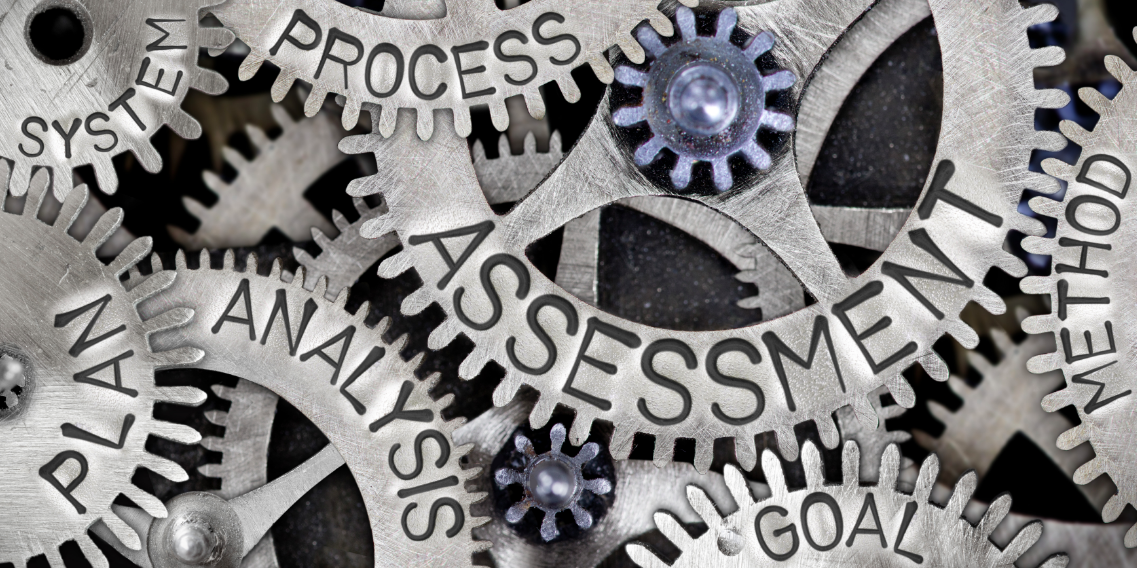The Power of an Iterative Approach to Clinical Competence Assessment
DOI:
https://doi.org/10.20421/ighpe2018.02Keywords:
Medical Education, Residency, Assessment, Graduate Medical Education, Clinical CompetenceAbstract
Many residency programs struggle with effective and efficient methods for their program to synthesize and analyze data to create robust milestones-based assessment of residents. Residents and faculty in the Pediatric Residency at Dartmouth-Hitchcock Medical Center collaborated to design an innovative iterative process for resident assessment using rotation-based Milestones reports, faculty sub-committees, and discussion with the resident. Time spent and frequency of Milestones determinations made at each phase of assessment process were tabulated and feedback summarized from faculty, residents, and administrators. Our new process integrated milestones determinations into our existing committee review structure without any additional time added to the process. Faculty perceived that the system was efficient and provided more insight about each resident. The program director used the sub-committee summaries for semi-annual reviews and letters of reference. Residents appreciated the fairness of all residents being reviewed by the same faculty. Milestones determinations were made by: evaluations alone (69%), CCC sub-committee (18%), full CCC (7%), and additional data or PD decision (6%). The full CCC was needed more frequently for professionalism and systems-based practice Milestones determinations. Iterative assessment systems have the potential to save valuable faculty time without compromising the quality of assessments.
Downloads

Downloads
Published
How to Cite
Issue
Section
License
Submission of a manuscript, audio or video file to IGHPE will be taken to mean that it represents original work not previously published and that it is not considered elsewhere for publication. Copyright of any work published in IGHPE is retained by the author(s).
Contributions to IGHPE are published under a Creative Commons-Attribution 4.0 (CC-BY) license which allows re-use of the work, provided due credit is given to its authors. For details, see http://creativecommons.org/licenses/by/4.0.




